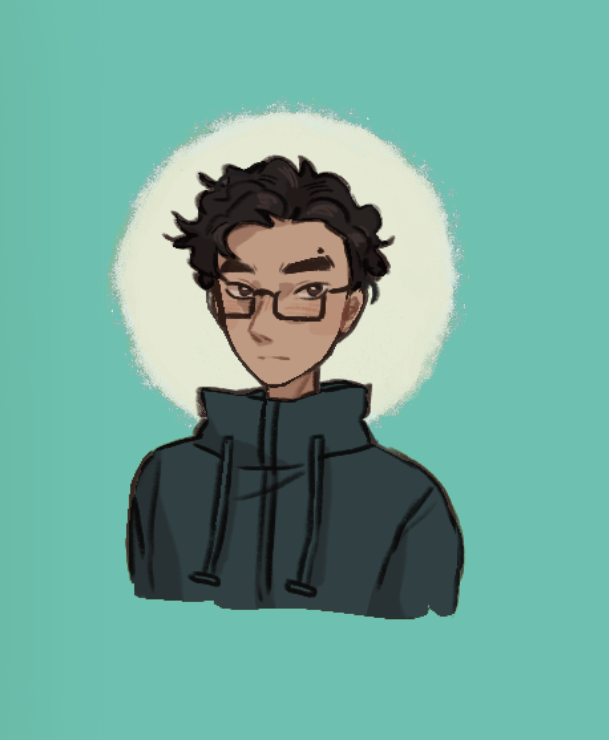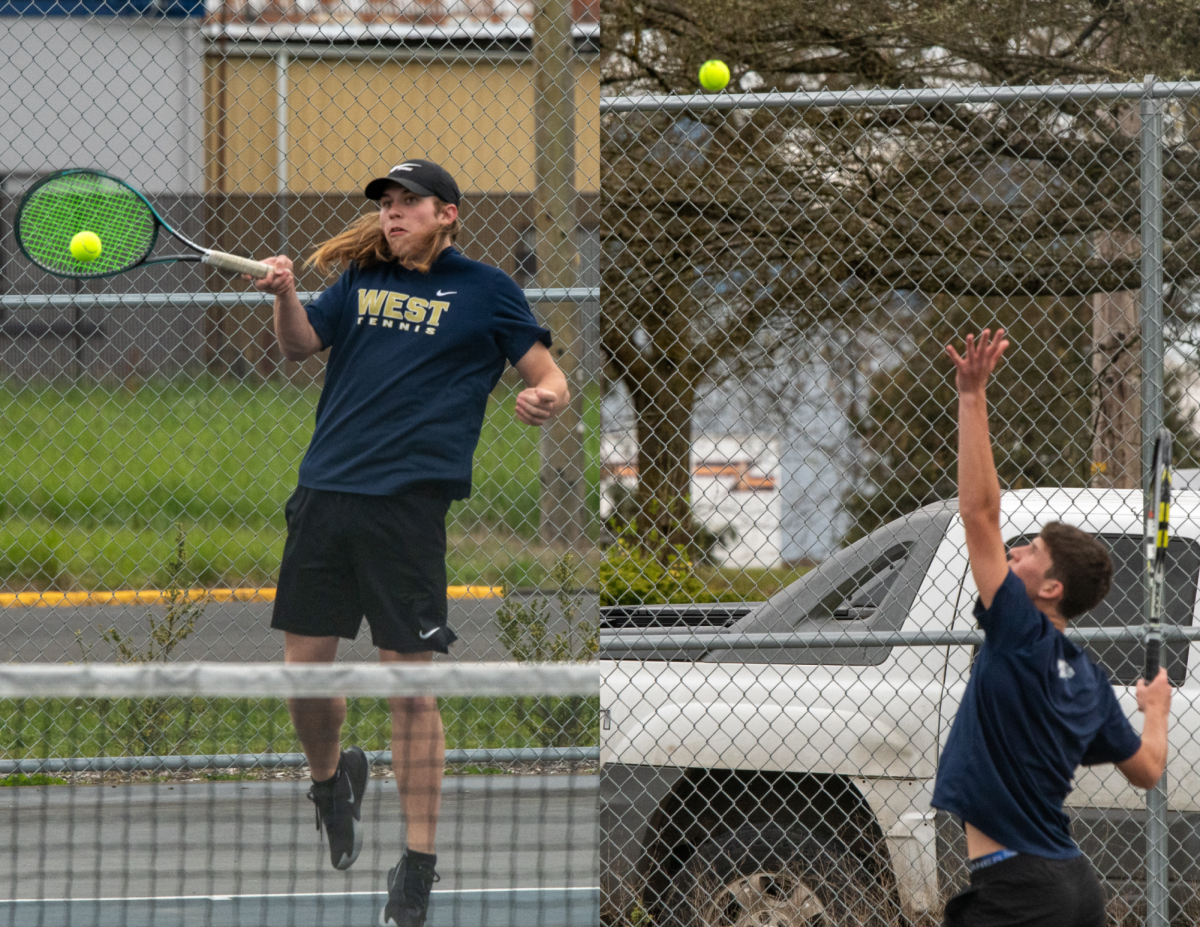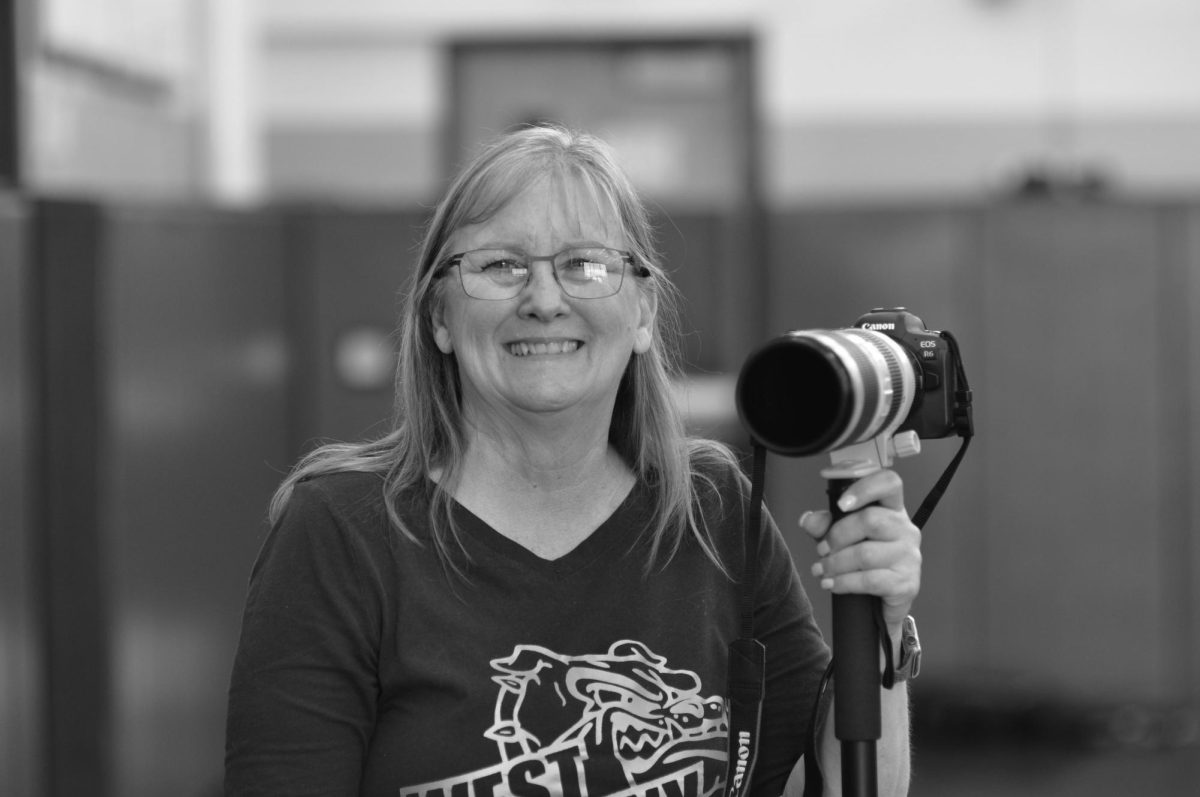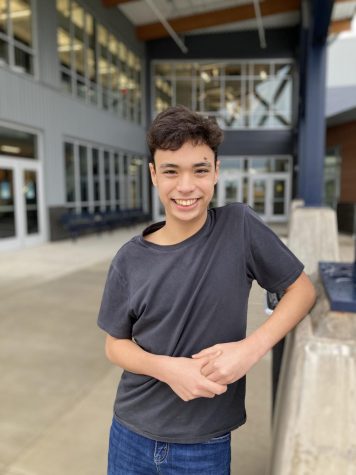“What would be a good name for that,” the barista at Starbucks always asks.
“Robert,” I reply, using my dad’s name, avoiding the unwelcome spotlight that comes from my own non-Western name: Ming. Although ironically, my dad considers Starbucks too expensive.
My dad’s a Chinese immigrant from Hong Kong. I’m his son. My mother’s a Caucasian woman from Utah. I’m her son. My life’s been an internal battle between these two cultures. I’m nobody’s son. Or maybe, I’m society’s son? However, no matter whose son I am, I’m definitely an insecure, lost teenager whose environment has shaped me into who I am today.
I can say growing up in a “small,” majority white town, with a white mom and a majority white group of friends, has impacted me. I can say growing up 500 miles away from my dad’s family – seeing them once a year – has impacted me. I can say that I never truly embraced my Asian side growing up, but in writing this, I question what truly embracing the culture even means. I never really thought about it.
Does it mean eating rice every night? Does it mean learning the language? Does it mean being a math whizz? Using soy sauce? Using chopsticks? Having an Asian girlfriend? Does it mean … Does it mean being a stereotypical Asian? However, there is one thing that I can say I did embrace from my dad’s culture: not saying, “I love you.”
I only occasionally heard the saying growing up, mostly from my mom and her family. In my dad’s family, culture dictated that love was shown, not spoken, and he carried that into our home. This meant that my definition of the word “love” was most heavily influenced by the romantic whelms of pop music and comedy television shows and left me with an unbending view of the topic. It meant that even when my mom’s mother would tell me she loved me, I didn’t immediately reciprocate the gesture, feeling uncomfortable saying it back.
That is, I felt uncomfortable until I put the pieces of my upbringing together and understood why I felt and acted the way I did, and in writing this, the pieces fit together even more perfectly. And now, with a relatively new understanding behind my discomfort, I am able to move forward freely saying the phrase to those in my life who I care about. In the waning days of high school, I proudly told my “opp” I loved them back.




